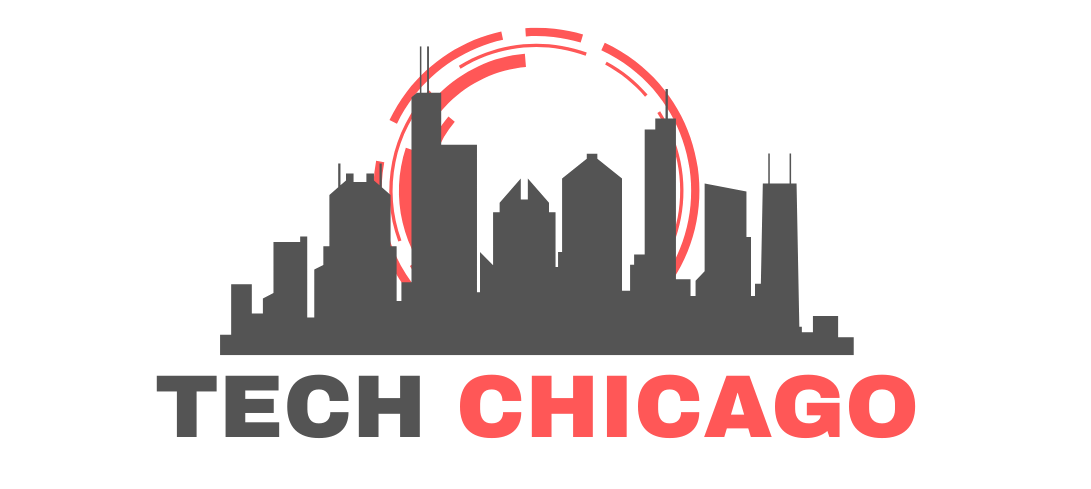Selecting the right e-commerce platform is crucial for building a successful online store. If you want to know more about the whole picture we have already created a detailed e-commerce web development guide.
Here are some of the most popular e-commerce web development platforms, each offering unique features and benefits:
1. Shopify
Shopify is a widely-used platform known for its ease of use and comprehensive features. It offers a range of customizable templates, integrated payment options, and robust inventory management. Shopify is ideal for businesses of all sizes, providing scalability and a vast app ecosystem to extend functionality.
Pros:
- User-friendly interface
- Extensive app store
- 24/7 customer support
Cons:
- Limited customization options without coding knowledge
- Transaction fees unless using Shopify Payments
2. Magento
Magento is an open-source platform offering high customization and scalability, making it suitable for medium to large enterprises. It supports multiple languages, currencies, and offers a wide range of extensions.
Pros:
- Highly customizable and scalable
- Strong SEO capabilities
- Extensive community support
Cons:
- Requires technical expertise to manage
- Can be resource-intensive
3. WooCommerce
WooCommerce is a plugin for WordPress, turning a standard website into a fully functional e-commerce store. It is highly flexible and integrates seamlessly with WordPress themes and plugins.
Pros:
- Free to use with paid extensions
- Full control over customization
- Strong SEO integration through WordPress
Cons:
- Requires a WordPress site to function
- May require additional plugins for advanced features
4. BigCommerce
BigCommerce is known for its robust built-in features, making it a strong choice for businesses looking to scale. It offers excellent SEO tools, multi-channel selling, and no transaction fees.
Pros:
- Comprehensive built-in features
- Strong performance and SEO tools
- No transaction fees on any plan
Cons:
- Limited free themes
- Higher monthly cost compared to some competitors
5. Squarespace
Squarespace is known for its design-centric templates and ease of use, making it ideal for small businesses and creatives. It offers built-in SEO tools, blogging features, and a user-friendly interface.
Pros:
- Beautiful, professionally designed templates
- Integrated blogging and SEO tools
- User-friendly drag-and-drop interface
Cons:
- Limited e-commerce features compared to other platforms
- Less flexibility in customization
Choosing the Right Platform
The choice of e-commerce platform depends on various factors, including the size of your business, budget, technical expertise, and specific needs. Here’s a quick guide to help you decide:
- For Beginners and Small Businesses: Shopify and Squarespace offer ease of use and comprehensive support.
- For Medium to Large Businesses: Magento and BigCommerce provide scalability and extensive features.
- For WordPress Users: WooCommerce offers seamless integration and flexibility.
Tech-Chicago’s Expertise
At Tech-Chicago, we specialize in developing customized e-commerce solutions tailored to your business needs. Our team can help you choose the right platform and ensure seamless integration, providing a solid foundation for your online store’s success.
Final Reflections
Choosing the right e-commerce platform is critical to the success of your online business. Each platform offers unique features and benefits, so it’s essential to consider your specific needs and goals. Tech-Chicago is here to assist you in selecting and implementing the best platform, ensuring your e-commerce website is equipped to succeed in a competitive digital marketplace.




